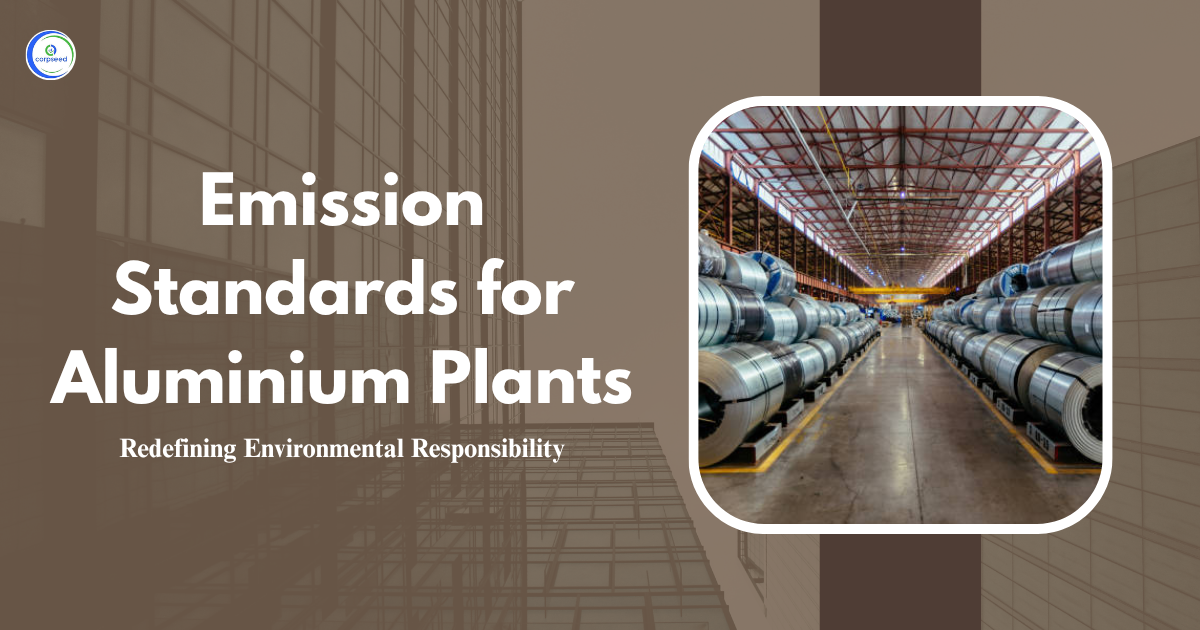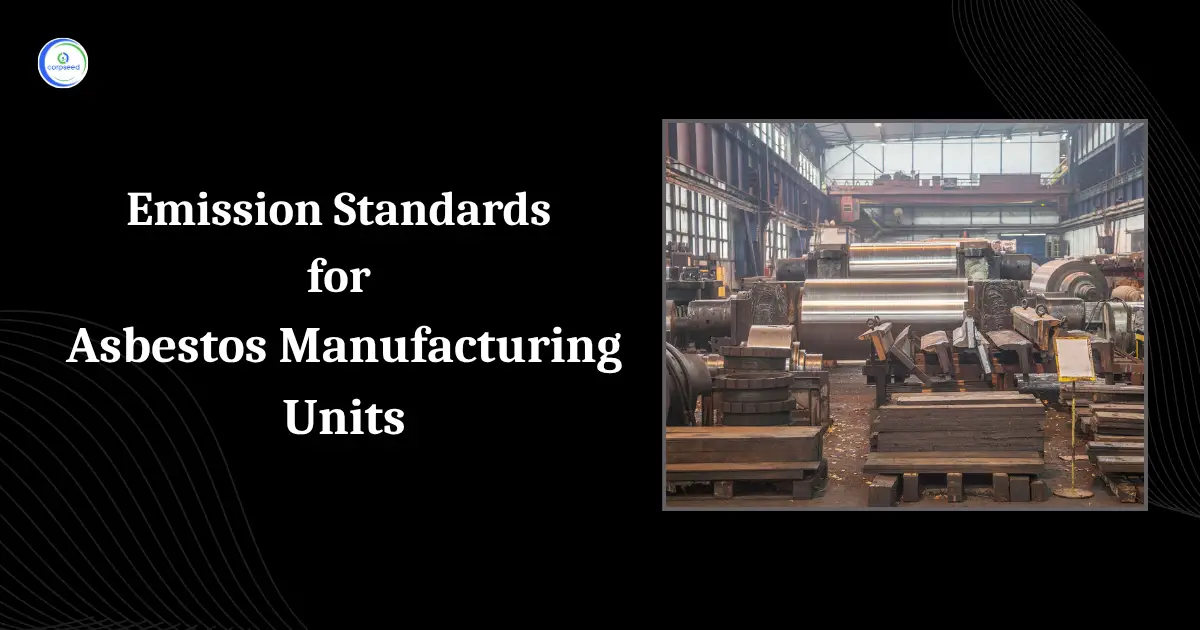Diesel engines are generally used in generator sets (gensets) for several applications, especially in industries and areas that require continuous power supply. However, the environmental impact of diesel engines, mainly with regard to air quality, is a rising concern. As the demand for clean energy sources upsurges, the necessity to comply with emissions standards for diesel engines used in Genset applications has become more important. Environmental pollutants discharged from diesel engines, including particulate matter (PM), nitrogen oxides (NOx), and carbon monoxide (CO), pose serious risks to both human health and the environment.
Table of Contents
- Environmental Pollutants from Diesel Engines
- Understanding Emission and Discharge of Pollutants in New Diesel Engines (Up to 800 kW) for Genset Applications
- Type Approval and Conformity of Production (COP) for Diesel Engines in Gensets
- Specific Emission Standards for Diesel Engines
- Testing and Certification for Emission Compliance
- Emissions Compliance for Genset Manufacturers
- Compliance and Enforcement of Emission Standards
- Role of Fuel Quality in Emissions
- Conclusion
Environmental Pollutants from Diesel Engines
Diesel engines, despite being highly efficient to generate electricity, emit various harmful pollutants in the environment. Some of the major pollutants include nitrogen oxides (NOx), particulate matter (PM), and carbon monoxide (CO). These emissions play an important role in the development of smog, acid rain and are linked to respiratory and cardiovascular diseases. Diesel engines are also a key source of carbon dioxide (CO2), which contributes to global warming. Mitigating these emissions is important not only for public health but also for compliance with environmental regulations aimed at achieving sustainability and reducing climate change.
Understanding Emission and Discharge of Pollutants in New Diesel Engines (Up to 800 kW) for Genset Applications
The regulation of emissions from diesel engines used in generator sets (Gensets) is an essential part of India’s efforts to mitigate the environmental impact of industrial activities. The Central Pollution Control Board (CPCB) has compiled stringent emission standards for diesel engines used in Genset applications. These standards are intended to limit the release of pollutants, protect air quality, and ensure that diesel engines comply with national environmental standards.
--------------Blog Contact Form-------------
Type Approval and Conformity of Production (COP) for Diesel Engines in Gensets
Every diesel engine used in a generator set (Genset) should secure a Type Approval and comply with Conformity of Production (COP) requirements. These standards cover emissions such as nitrogen oxides (NOx), particulate matter (PM), and carbon monoxide (CO). The procedure of Type Approval ensures that the engine has been tested and qualified to fulfill these emissions limits, while the COP certifies that the manufacturer continues to generate engines that comply with the permitted principles.
Specific Emission Standards for Diesel Engines
For diesel engines with power outputs up to 800 kW (kW), emission standards by the CPCB are based on exhaust gas limits for pollutants such as NOx and PM These standards generally conform to international principles and aim to limit environmental pollutants emitted into the environment. The emission limits for these engines usually include:
- Particulate Matter (PM): Limits are enforced to minimize the quantity of fine particulate matter emitted by the engine. PM is harmful to both human health and the environment, as it contributes to air pollution and respiratory issues.
- Nitrogen Oxides (NOx): NOx is one of the main pollutants discharged by diesel engines, contributing to the formation of ground-level ozone and acid rain. The standards for NOx emissions are rigorous, aimed at minimizing the concentration of these gases in the atmosphere.
- Carbon Monoxide (CO): Diesel engines also generate CO, a poisonous gas that is harmful when inhaled in large quantities. Regulations need that the CO emissions from diesel Genset engines be kept within allowed limits.
- Hydrocarbons (HC): Emissions of unburned hydrocarbons are also limited in the standards, as they can contribute to the production of smog and impact air quality.
Testing and Certification for Emission Compliance
To ensure that engines comply with emission principles, the CPCB needs manufacturers to periodically submit their engines for testing and certification. These tests are designed to assess engine emissions under real-world operating conditions. The testing process is part of the Conformity of Production (COP) system, which ensures that engines fulfill desired principles during their production lifecycle.
The CPCB is accountable for supervising the execution of these standards and regularly updates the testing and certification procedures in line with international best practices. Manufacturers need to submit detailed reports on the emissions of their engines, and the CPCB conducts inspections to validate compliance.
Emissions Compliance for Genset Manufacturers
Manufacturers must acquire the correct Type Approval certificates for each diesel engine model they manufacture or import for Genset applications. These certificates need to be annually renewed through the Conformity of Production (COP) process. COP ensures that engines constantly meet emissions criteria even after initial Type Approval.
Moreover, engines should be clearly marked with an adaptation label that includes manufacturer’s details, Type Approval Certificate number, date of manufacture, and other necessary information. The label is designed to be durable and legible, ensuring that compliance can be easily verified.
Compliance and Enforcement of Emission Standards
The Central Pollution Control Board (CPCB) is the main agency responsible for monitoring compliance with these emission standards. In case of disputes or difficulties, manufacturers can approach the CPCB for resolution. The board also functions with testing agencies that evaluate the emissions and noise compliance of diesel engines and gensets. The institutions submits its findings to the CPCB on an annual basis, and the board ensures that all relevant parties comply with emission standards.
To help with compliance, the CPCB provides a six-month grace period for manufacturers to adapt to any change in emission standards. This period permits manufacturers to make required alterations to their products and fulfill the latest requirements without facing penalties.
Role of Fuel Quality in Emissions
The quality of the fuel used in a diesel Genset plays an important role in determining the level of emission pollution. The CPCB has clarified that diesel fuel must fulfill certain specifications to confirm that emissions remain within permissible limits. These specifications are consistent with fuel quality standards set for diesel-powered vehicles, ensuring that fuel quality does not contribute to excessive pollution.
Conclusion
Adhering to emission standards is a critical step towards reducing environmental pollution and ensuring that diesel engines used in generator sets are both efficient and environmentally friendly. Manufacturers must comply with stringent Type Approval and Conformity of Production (COP) requirements to ensure that their products meet the necessary emission limits. By doing so, they contribute to cleaner air, a healthier population, and the overall sustainability of the environment. As the industry continues to evolve, it is important for all stakeholders to stay informed about the latest regulations and technologies aimed at reducing environmental impact.
This portion of the site is for informational purposes only. The content is not legal advice. The statements and opinions are the expression of author, not corpseed, and have not been evaluated by corpseed for accuracy, completeness, or changes in the law.
BOOK A FREE CONSULTATION
Get help from an experienced legal adviser. Schedule your consultation at a time that works for you and it's absolutely FREE.
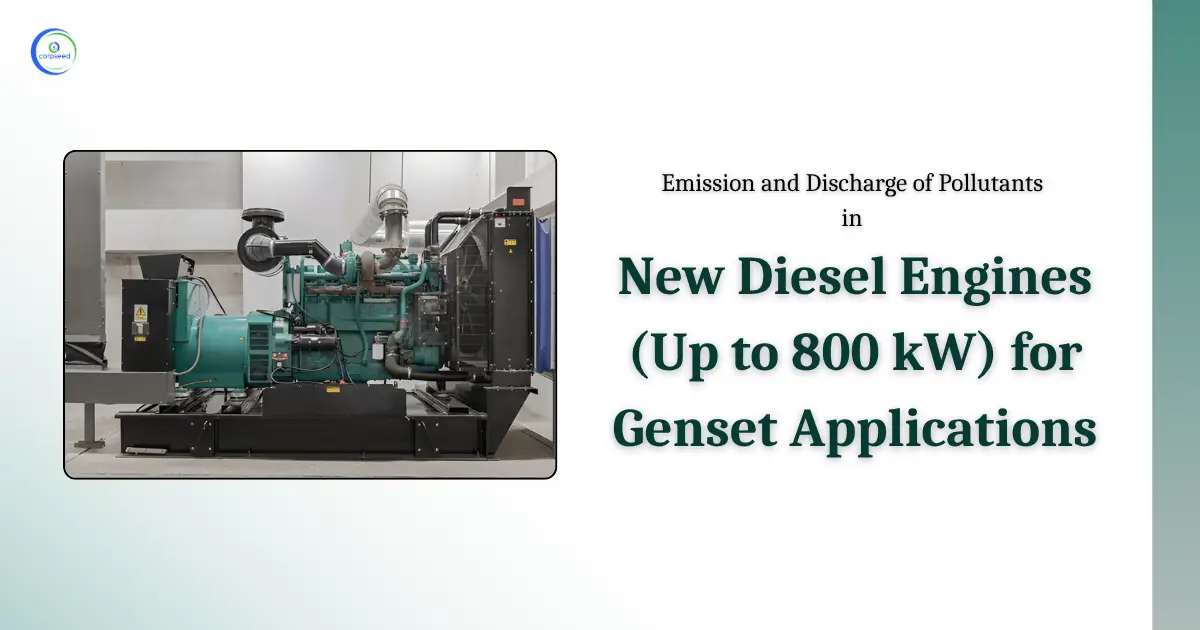


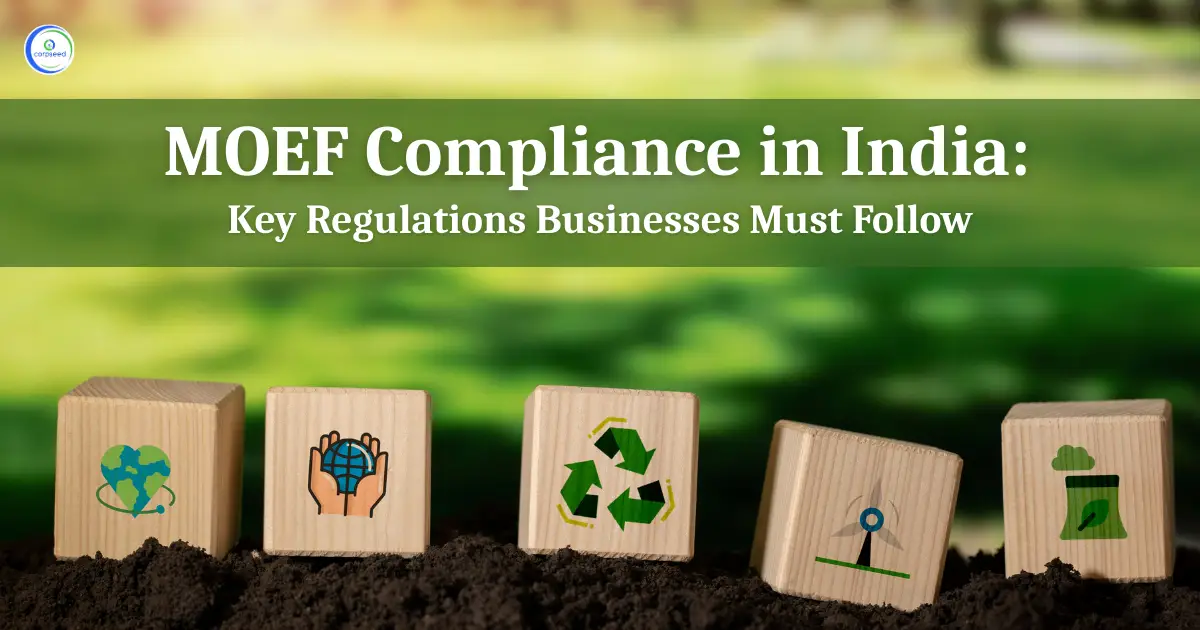
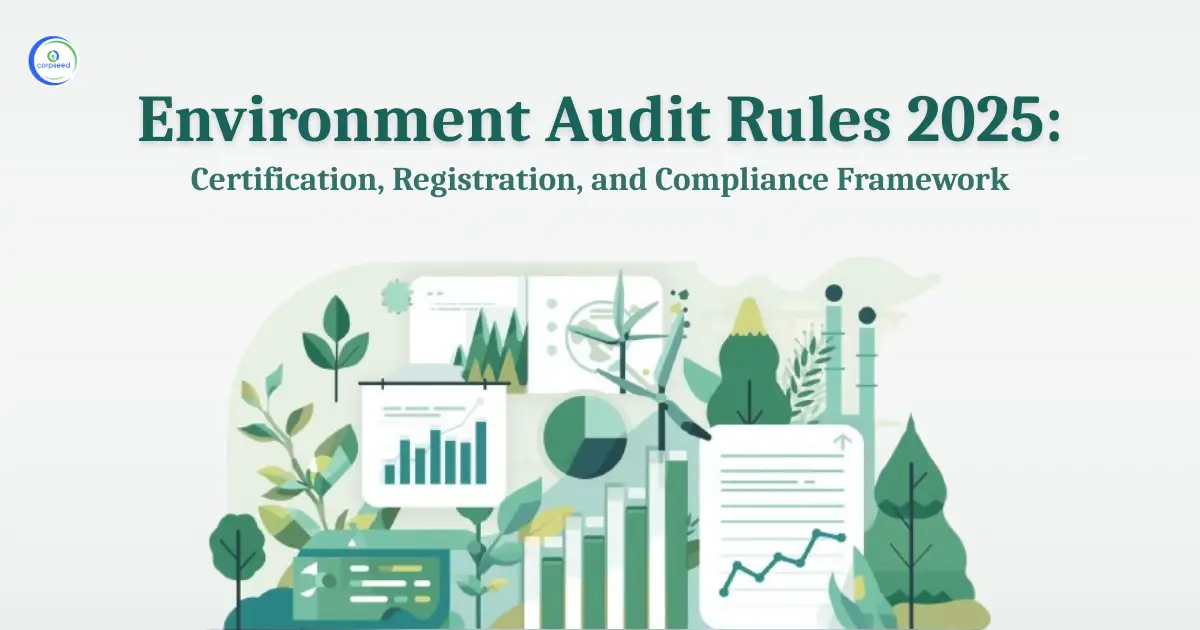
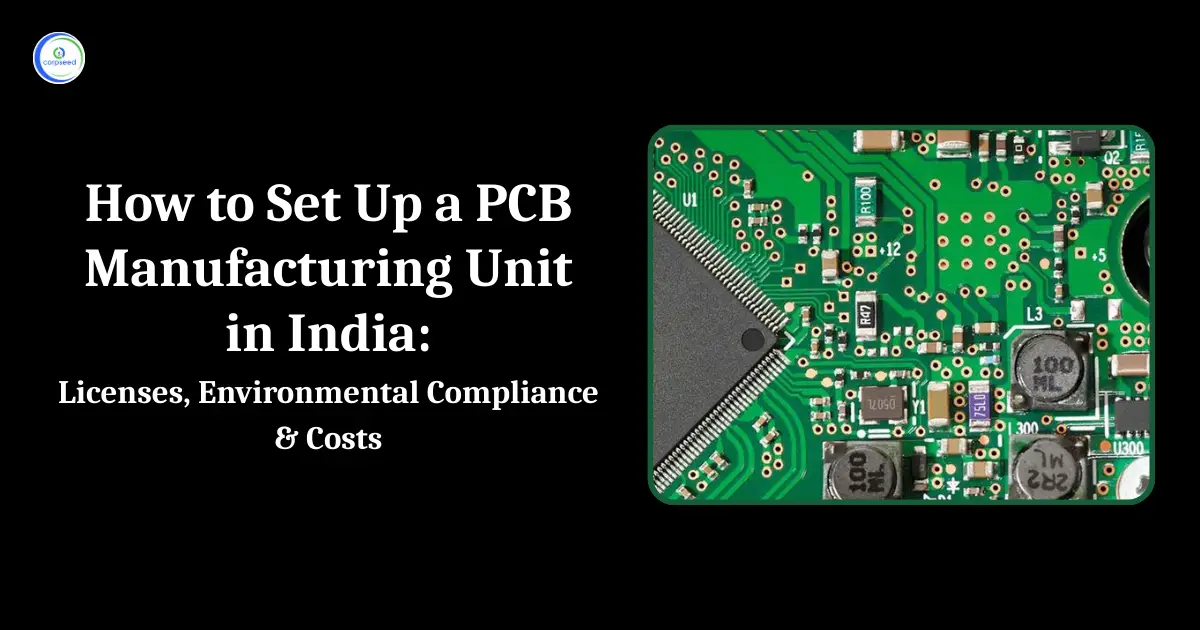
_Corpseed.webp)
.webp)
